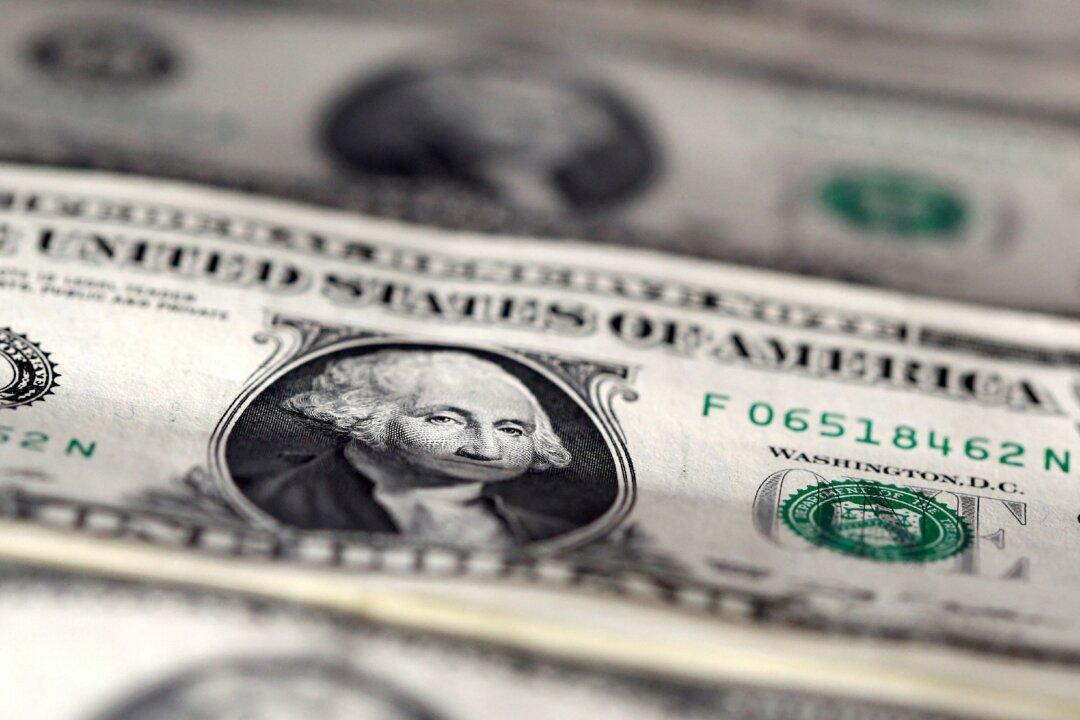LONDON—The dollar nudged lower on Monday, pulling back from six-month peaks against the yen as a U.S. debt ceiling deal lifted risk appetite across world markets and dented the greenback’s safe-haven appeal.
U.S. President Joe Biden on Sunday finalized a budget agreement with House Speaker Kevin McCarthy to suspend the $31.4 trillion debt ceiling until Jan. 1, 2025, and said the deal was ready to move to Congress for a vote.





